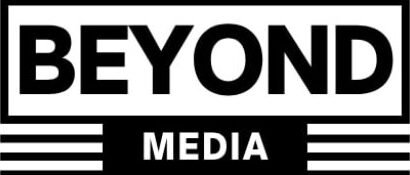[ad_1]
President Donald Trump has announced a ceasefire following US strikes on Iranian nuclear facilities and Iran’s missile attack on Qatar’s Al-Udeid airbase
In a significant development in the ongoing conflict between Israel, the US and Iran, President Donald Trump has announced a ceasefire following US strikes on Iranian nuclear facilities and Iran’s missile attack on Qatar’s Al-Udeid airbase. This announcement comes after a tumultuous period marked by heightened military tensions and fears of an energy crisis.
Analysts – Christopher Granville, Managing Director, Global Political Research, Hamzeh Al-Gaaod, MENA Analyst, Daniel von Ahlen, Senior Macro Strategist
Moderator – Andrew Slazenger, Head of Product
Talking points:
· US enters the War. How does Iran directly retaliate?
· Focus on energy as the war’s ‘link’ to the global economy
· Risk assets: What would trigger a sell-off?
· How does the Dollar trade within this?
Register for the webinar HERE
According to a report from TS Lombard, the ceasefire signals a potential turning point, suggesting that the most severe impacts of the conflict may be behind us. While the situation remains fluid and the risk of escalation persists, markets have reacted positively, with Brent crude oil prices stabilising around $68 to $69 a barrel. The consensus is shifting towards a formal ceasefire and a renewed focus on negotiating a nuclear deal with Iran, although significant hurdles remain, particularly regarding Iran’s indigenous enrichment programme.
The US military’s operation codenamed “Midnight Hammer” raised concerns about the potential for an oil price spike due to disruptions in tanker shipping through the strategically vital Strait of Hormuz. TS Lombard maintains that while the threat of an energy shock exists, it is unlikely to escalate into a full-blown energy crisis akin to the 1970s.
The TS Lombard report outlines a series of potential scenarios that could impact global oil markets, including Iranian retaliation and the possibility of increased insurance costs for tankers navigating the Strait of Hormuz. It also emphasises that the US military’s presence in the region and potential countermeasures, such as naval escorts for tankers, could mitigate these risks.
As the situation evolves, the focus will now shift to the negotiations surrounding a nuclear deal, which will be crucial in determining the future stability of the region. While the ceasefire is a positive development, the path to lasting peace remains uncertain, particularly in light of ongoing conflicts in the Middle East, including the situation in Gaza.
The announcement of a ceasefire marks a critical juncture in US-Iran relations, offering a glimmer of hope for reduced tensions and a potential pathway towards diplomatic resolution. However, TS Lombard cautions that the geopolitical landscape remains complex, and stakeholders will need to remain vigilant as developments unfold.
[ad_2]
Source link
